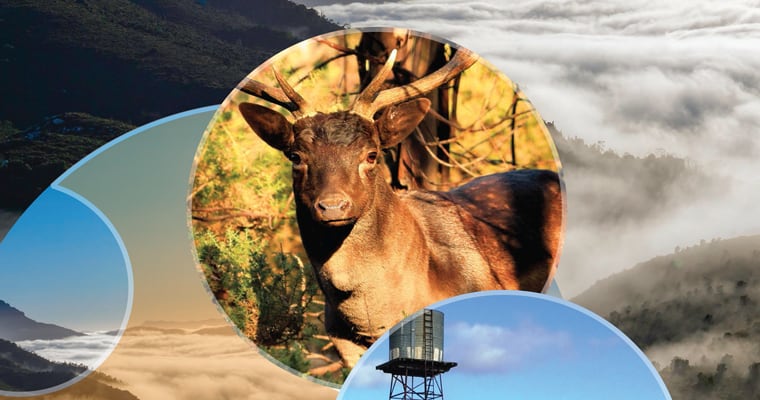The Invasive Species Council has welcomed the announcement of $100 million in new biosecurity funding in the NSW Budget – calling it a vital investment in the state’s ability to respond to rising invasive species threats.
The Council says the new money and the commitment to the ‘development of a new, sustainable and integrated biosecurity model’ is an important step forward to improve a system which is currently underfunded and generally ad hoc.
‘This is important leadership from Minister Moriarty and appears to be a strong signal that the NSW government is taking seriously the need to overhaul the current approach to biosecurity – and backing it with new funding, not just recycled dollars,’ Invasive Species Council CEO Jack Gough said.
‘Stopping new invaders and managing existing threats is one of the state’s most important and difficult jobs – and this, as the largest ever NSW biosecurity budget, is a significant step forward.
‘This announcement puts NSW on a stronger footing – but must be just the first step in changing a system which is currently massively underfunded, unstrategic and ad hoc.
‘We’re especially pleased to see a strong focus on research. This funding can kickstart much-needed innovations to help protect wildlife and agriculture. We look forward to more detail on how this investment will be allocated.
‘We will be looking closely at the structure of this new funding once further details are released, because a short-term sugar hit is not going to achieve significant impact. We need long term, stable and scaled up investment in biosecurity, rather than the one year funding hits which have previously been announced by governments of all stripes.
‘Programs like the NSW Weed Action Program and established pest animal control are the bread and butter of invasive species management. They keep long-term threats in check and prevent new ones from getting worse. They need to shift from one-year funding models to 4 or 5 year funding sustainability.
‘We’re also keen to see substantial funding for implementing the recommendations of the Natural Resources Commission to boost coordination and action on feral animal and weed management. These efforts need to be scaled up alongside prevention, emergency responses and research.’
Media inquiries: (02) 8006 5004
Photos and other multimedia to accompany this story are available here.








